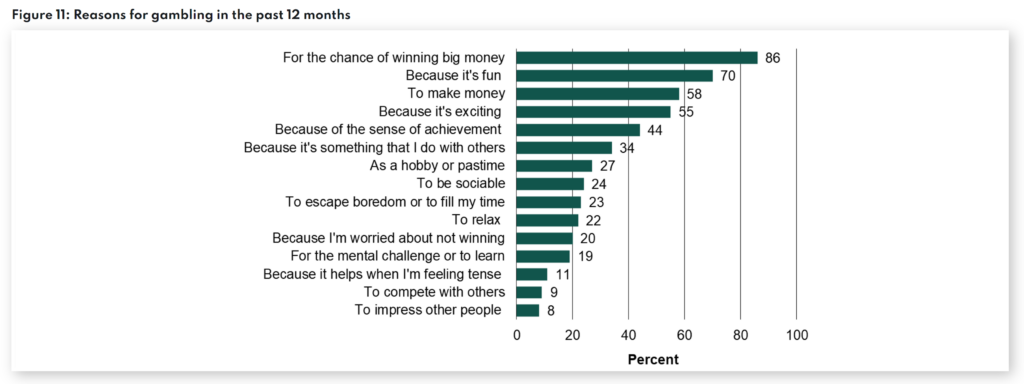White Paper Series: Supplementary consultation published calling for views on deposit limits
The Gambling Commission is calling for views on how to achieve consistency and clarity for consumers that choose to set deposit limits.
The supplementary consultation, published on 6 March 2025, calls for views from interested parties on new rules aimed at increasing consumer control over deposit limits, which will come into force on 31 October 2025 and which we discussed in our blog: White Paper Series: New rules on customer led tools, customer funds and statutory levy. In this new supplementary consultation, the Gambling Commission is seeking opinions on how deposit limits should be defined and communicated to customers, with the aim of achieving consistency and clarity across the industry.
This is the fourth Gambling Commission consultation linked to the White Paper.
Why is a supplementary consultation needed?
The Gambling Commission acknowledges that typically, ‘deposit limits’ have worked as a simple limit on the amount a customer can deposit over a specific time period (for example, if a customer chooses to set a £20 weekly deposit limit, they can deposit a maximum of £20 into their account in that week). However, they have recently observed some operators offering ‘net deposit limits’, whereby withdrawals are also taken into account.
“For example, if a customer chooses to set a £20 weekly deposit limit but then withdraws £10 then the total amount they can deposit that week goes up to £30. This can be confusing for customers, especially if the descriptions for the different types of limit are similar.”
The Gambling Commission considers that financial limits termed ‘net’ deposit limits would not meet the definition of ‘deposit limits’ proposed in its initial consultation. It is concerned that the introduction of ‘net’ deposit limits has created inconsistency in how deposit limits work, which prevents the customer being able to make a proactive and informed choice as to what financial limits are right for them – limiting consumer empowerment and choice.
To ensure clarity, rather than implement the initial consultation and ‘pursue this as a compliance matter’, the Gambling Commission has chosen to consult further on this issue. The supplementary consultation therefore sets out proposals to:
- revise the remote gambling and software technical standards (”RTS”) relating to financial limits to make clear that, as a minimum and default, ‘gross’ deposit limits must be offered to customers;
- ensure that the term ‘deposit limit’ is used consistently by operators, i.e. only to describe ‘gross’ and not ‘net’ limits;
- provide increased consumer choice by amending the implementation guidance for the RTS to allow for ‘net’ limits to be set in addition to other types of limits, should the customer choose.
The Gambling Commission’s view is that offering a default type of deposit limit across all operators will be beneficial for consumers in terms of improving understanding of how limits work and would enable consumers to use the same type of limit across more than one account.
Next steps
The supplementary consultation is open until 30 April 2025.
The changes on customer led tools and the protection of customer funds will come into force on 31 October 2025.
Please get in touch with us if you would like our assistance preparing a response to the supplementary consultation or if you have any questions about these upcoming changes.
